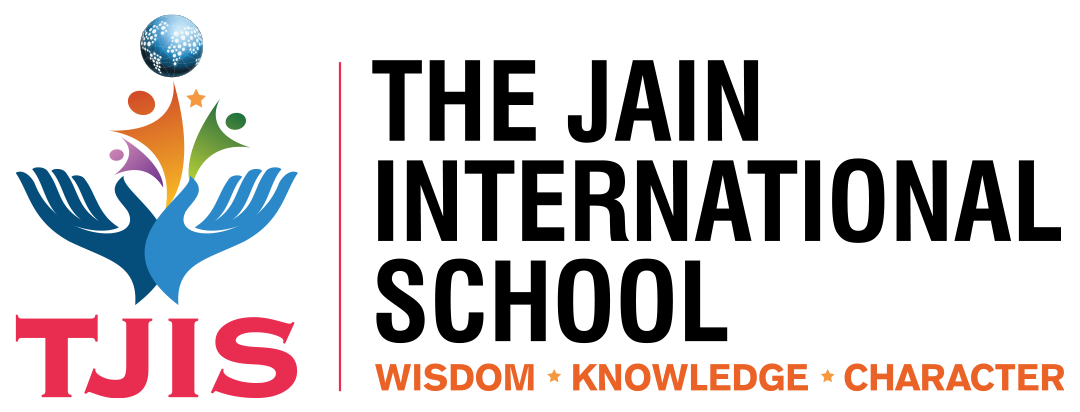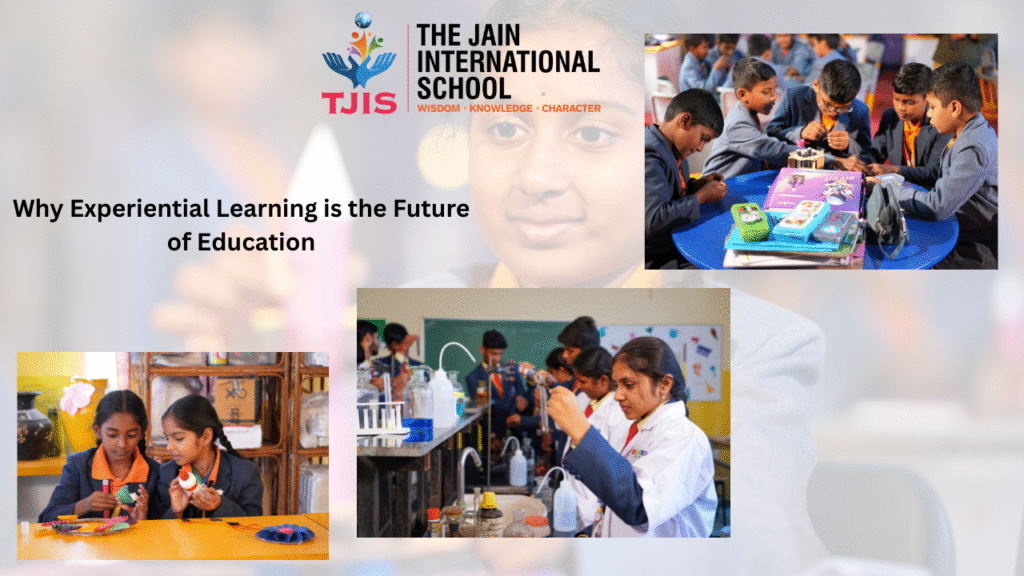Why Experiential Learning is the Future of Education
Education is evolving rapidly, moving beyond rote memorization and textbook-based teaching. In today’s dynamic world, experiential learning—learning by doing—has emerged as a revolutionary approach, equipping students with practical knowledge, problem-solving skills, and real-world readiness.
What is Experiential Learning?
Experiential learning is an active learning method where students gain knowledge through hands-on experiences, reflections, and application of concepts. From science experiments and field trips to project-based learning and internships, it allows students to engage deeply with what they learn.
Why Experiential Learning Matters
1. Real-World Application of Knowledge
Students don’t just memorize theories—they apply them. Whether it’s designing a science project or running a mock business, learning becomes meaningful.
2. Improves Critical Thinking & Problem-Solving
Experiential tasks encourage students to analyze, evaluate, and come up with solutions, nurturing independent thinkers.
3. Boosts Retention & Understanding
Studies show students retain 90% of what they do, compared to just 10% of what they read. Hands-on activities lead to deeper understanding.
4. Enhances Collaboration & Communication
Group projects, role-plays, and simulations teach teamwork, leadership, and communication—essential life skills.
5. Prepares Students for the Future
In a world driven by innovation and technology, practical experience gives students a competitive edge in higher education and careers.
Examples of Experiential Learning in Schools
✅ Science Labs & Experiments
✅ Entrepreneurship Fairs & Start-up Simulations
✅ Environmental Projects & Plantation Drives
✅ Cultural & Heritage Programs
✅ Student Council Elections as a Democratic Experience
The future of education lies in creating active learners rather than passive listeners. By integrating experiential learning, schools can produce curious, confident, and future-ready students.

